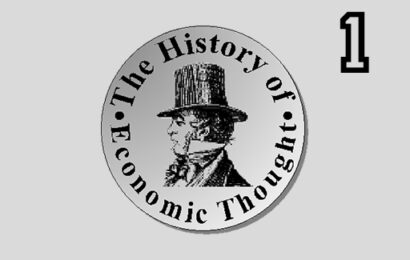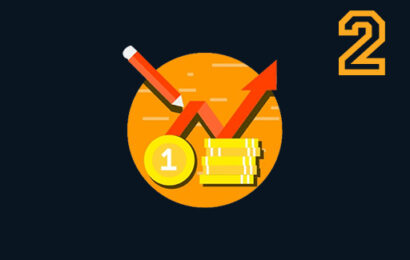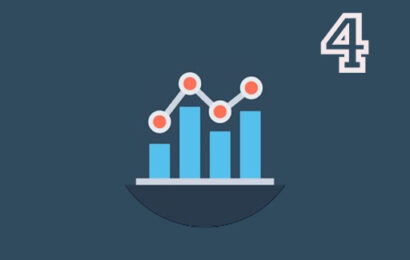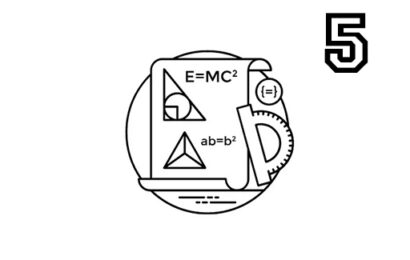
- Quizzes: 12
Macroeconomics, a key branch of economics, studies large-scale economic factors such as national income, inflation, unemployment, and monetary policies. Its origins trace back to the early 20th century, but it gained prominence during the Great Depression when John Maynard Keynes introduced his revolutionary ideas. Keynesian economics emphasized government intervention to stabilize economies, challenging classical economic theories that advocated free markets.
Over time, macroeconomic thought evolved through various schools, including monetarism (led by Milton Friedman), which stressed the role of money supply in economic stability, and new classical economics, which highlighted rational expectations. More recently, modern macroeconomics integrates behavioral insights, globalization effects, and technological advancements.
In practice, macroeconomic policies shape national economies through fiscal (government spending and taxation) and monetary (central bank regulations) measures. Governments and institutions like the International Monetary Fund (IMF) and the World Bank use macroeconomic models to predict trends, address crises, and foster economic growth. Understanding macroeconomics is crucial for policymakers, businesses, and individuals as it influences everything from interest rates to employment opportunities and financial stability.
For more insights into macroeconomic trends and their impact on global economies, explore our website’s resources and expert analyses.
Curriculum
- 2 Sections
- 0 Lessons
- Lifetime
- Notes0
- MCQ12
- 2.1National Income: Concepts and Measurement10 Minutes20 Questions
- 2.2Determination of output and employment: Classical & Keynesian Approach10 Minutes20 Questions
- 2.3Consumption Function10 Minutes20 Questions
- 2.4Investment Function10 Minutes20 Questions
- 2.5Multiplier and Accelerator10 Minutes20 Questions
- 2.6Demand for Money10 Minutes20 Questions
- 2.7Supply of Money10 Minutes20 Questions
- 2.8IS – LM Model Approach10 Minutes20 Questions
- 2.9Inflation and Phillips Curve Analysis10 Minutes20 Questions
- 2.10Business Cycles10 Minutes20 Questions
- 2.11Monetary and Fiscal Policy10 Minutes20 Questions
- 2.12Rational Expectation Hypothesis and its critique10 Minutes20 Questions






